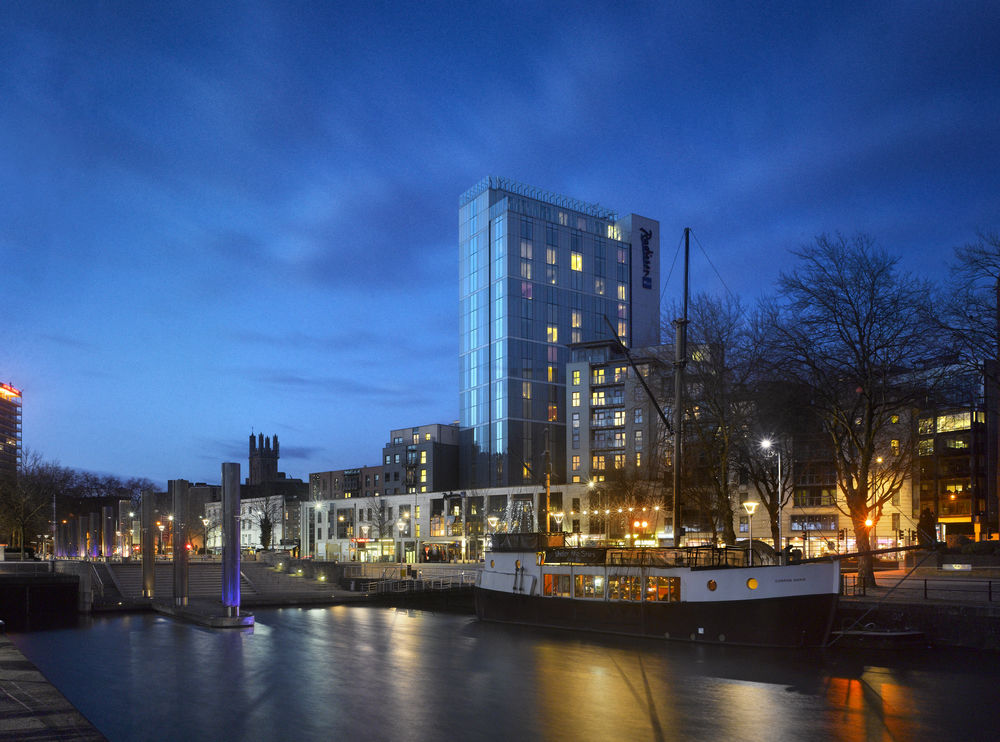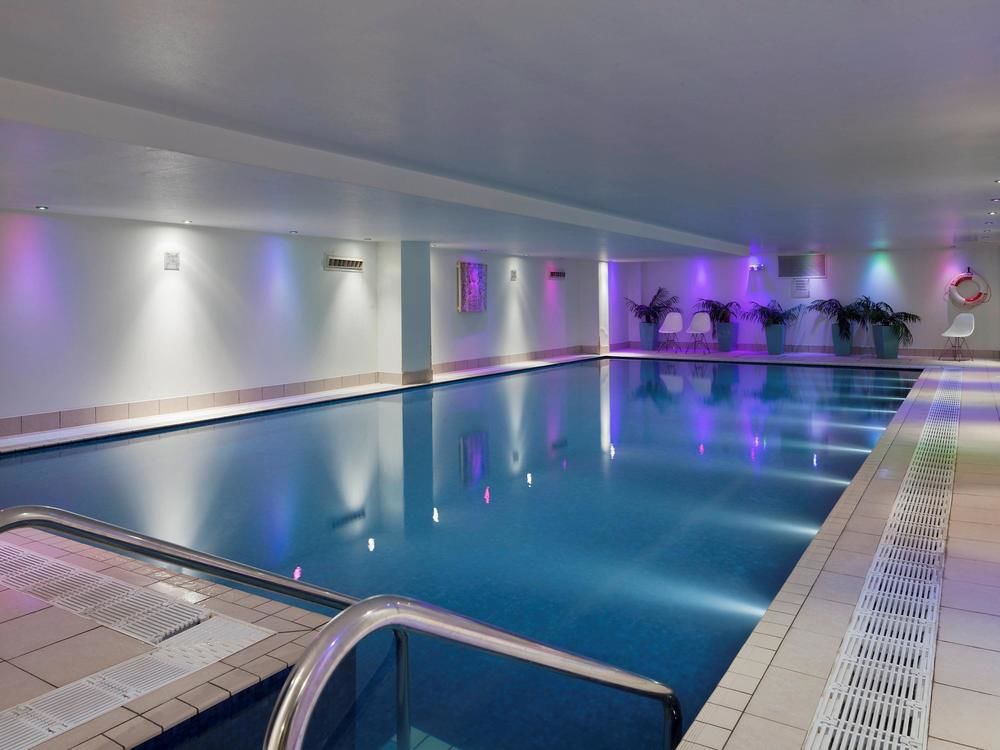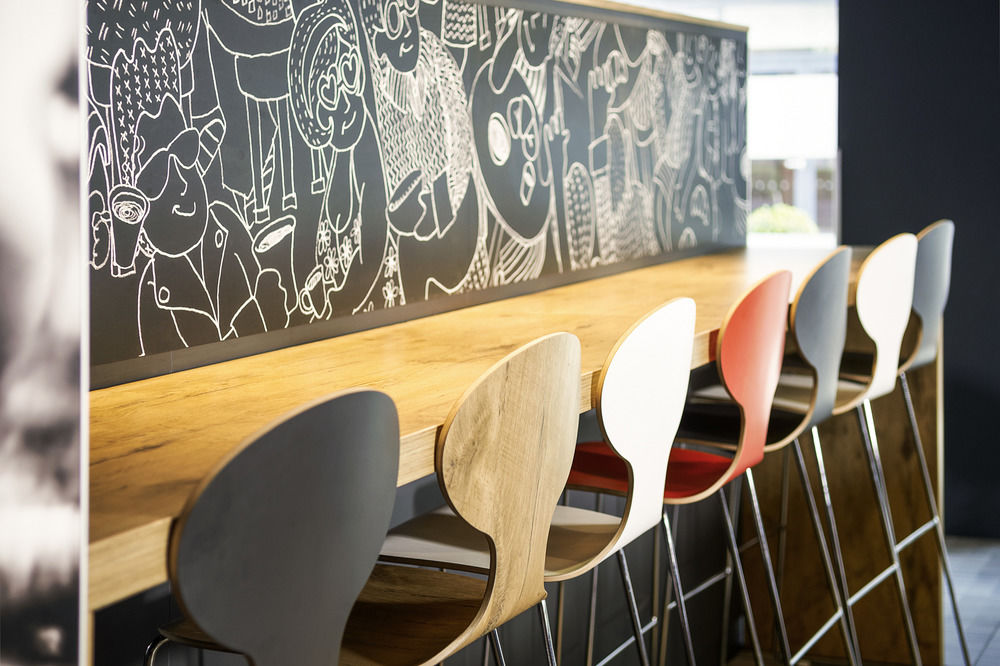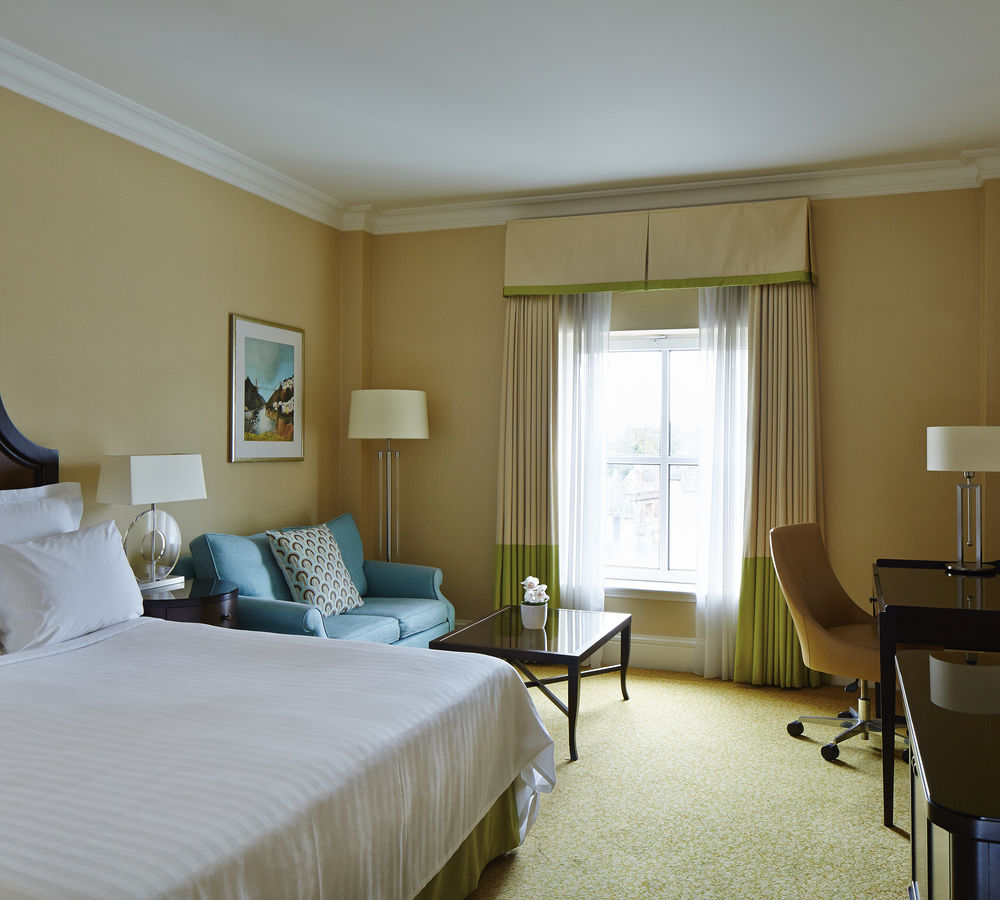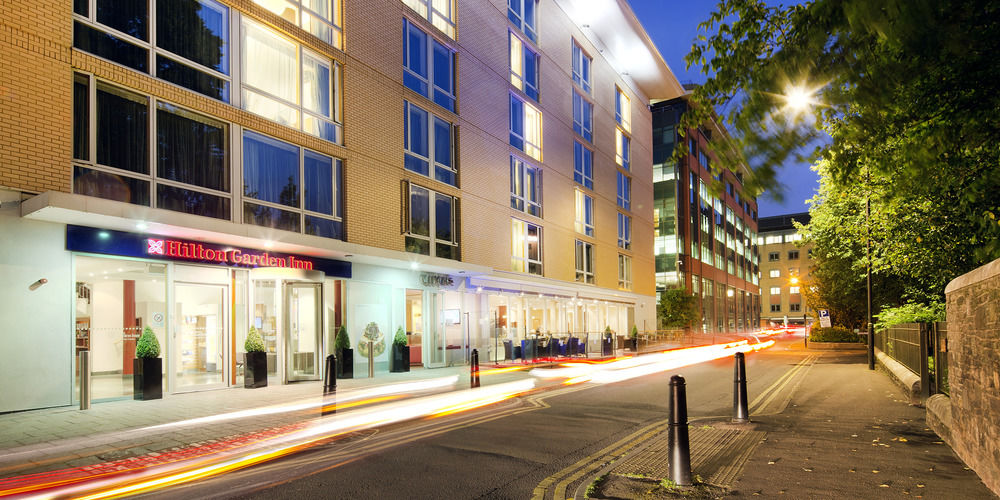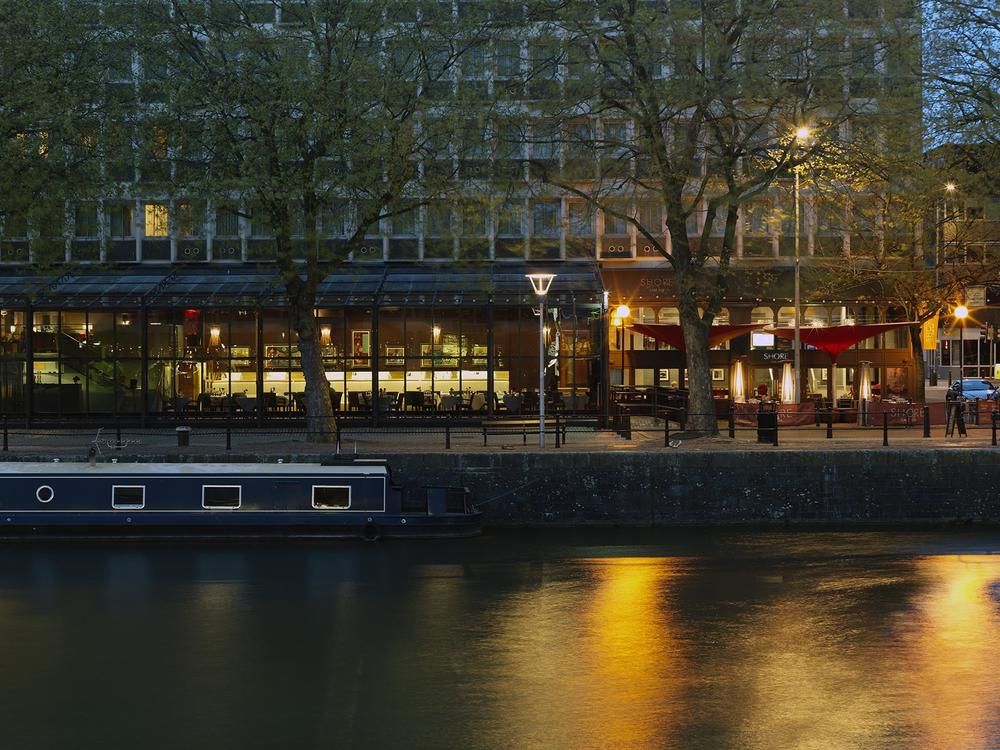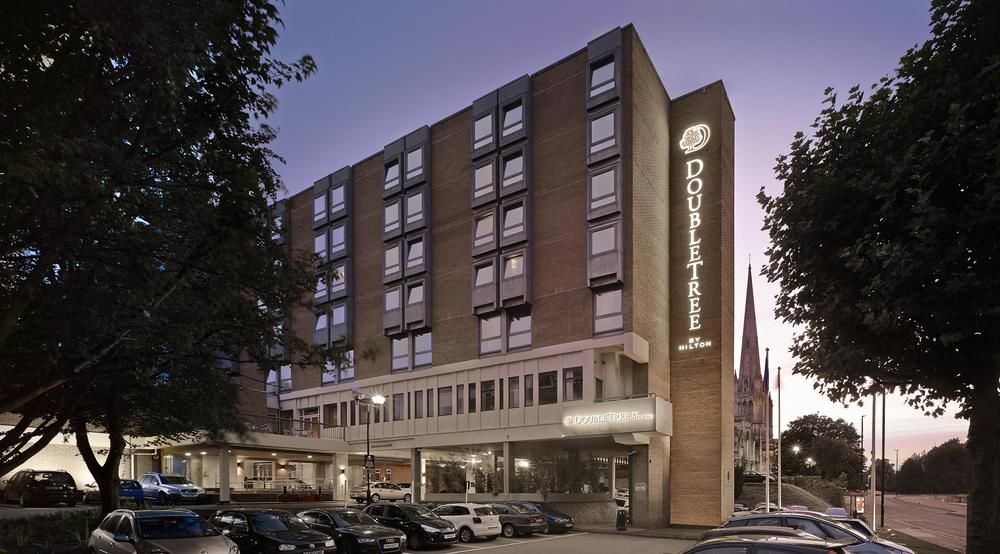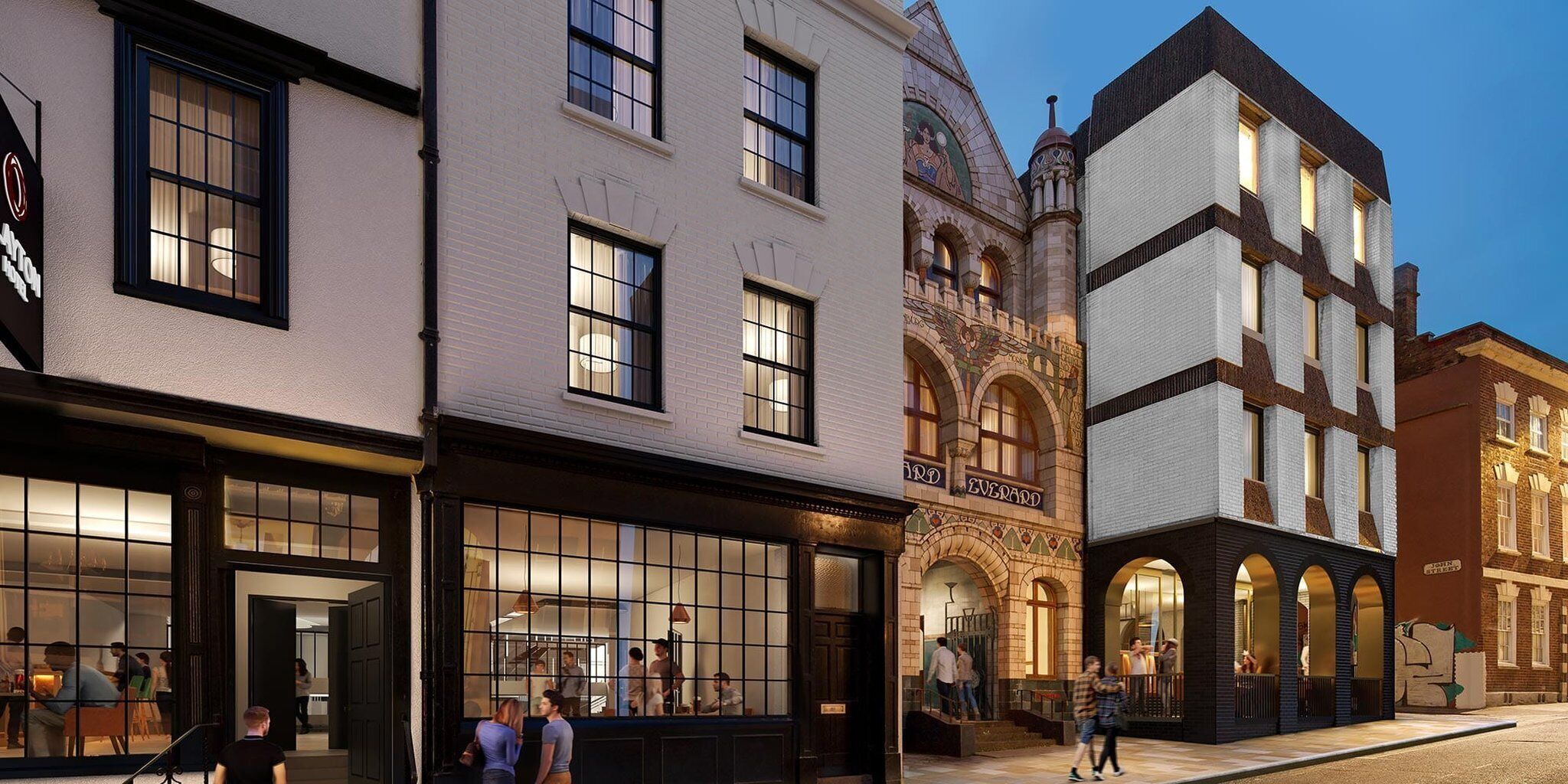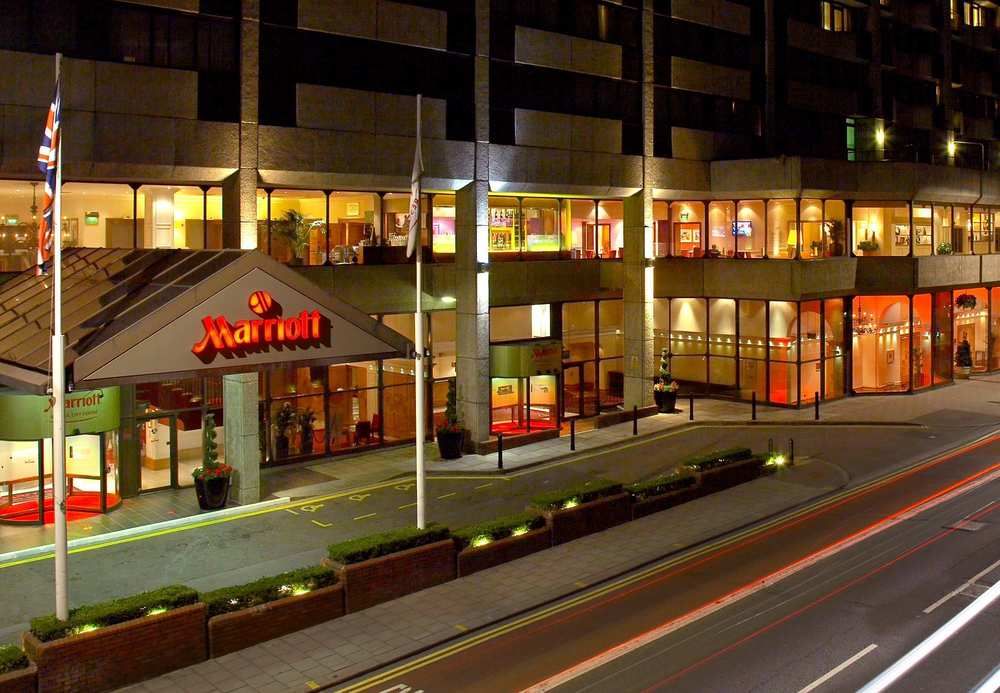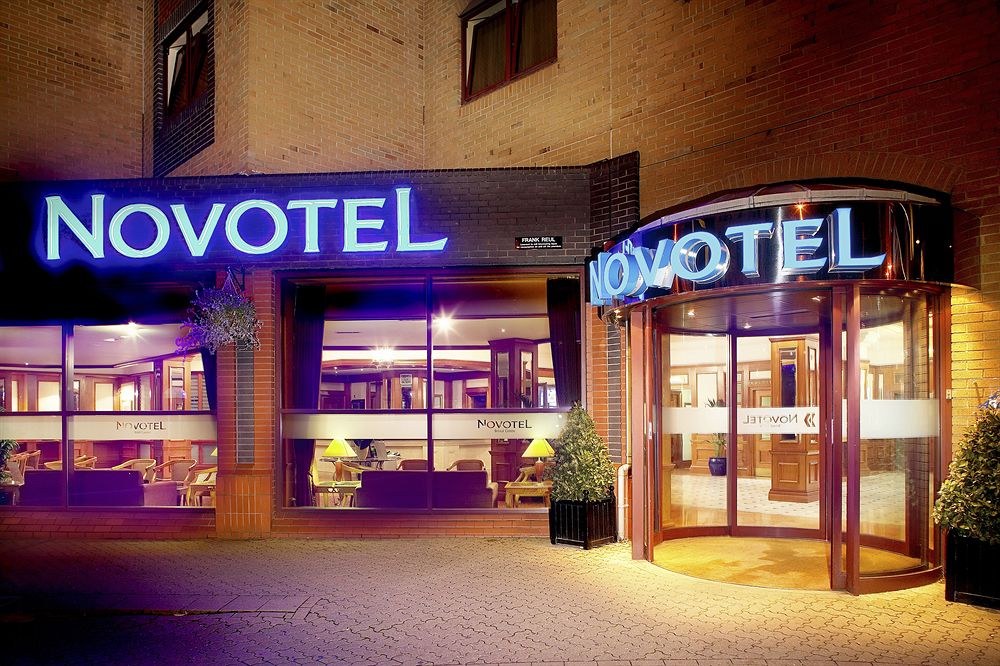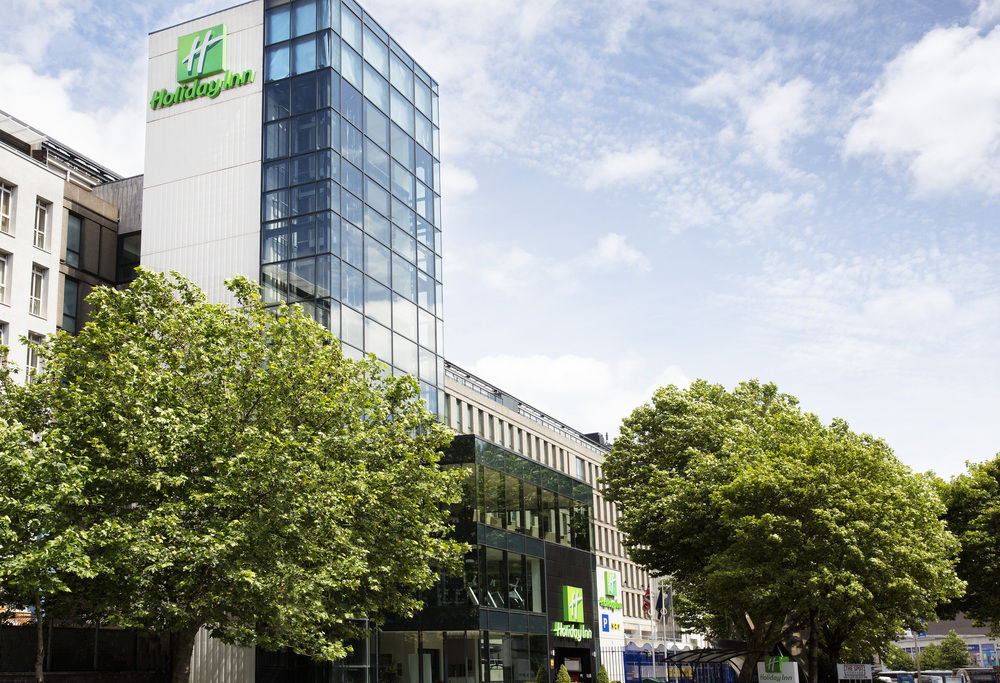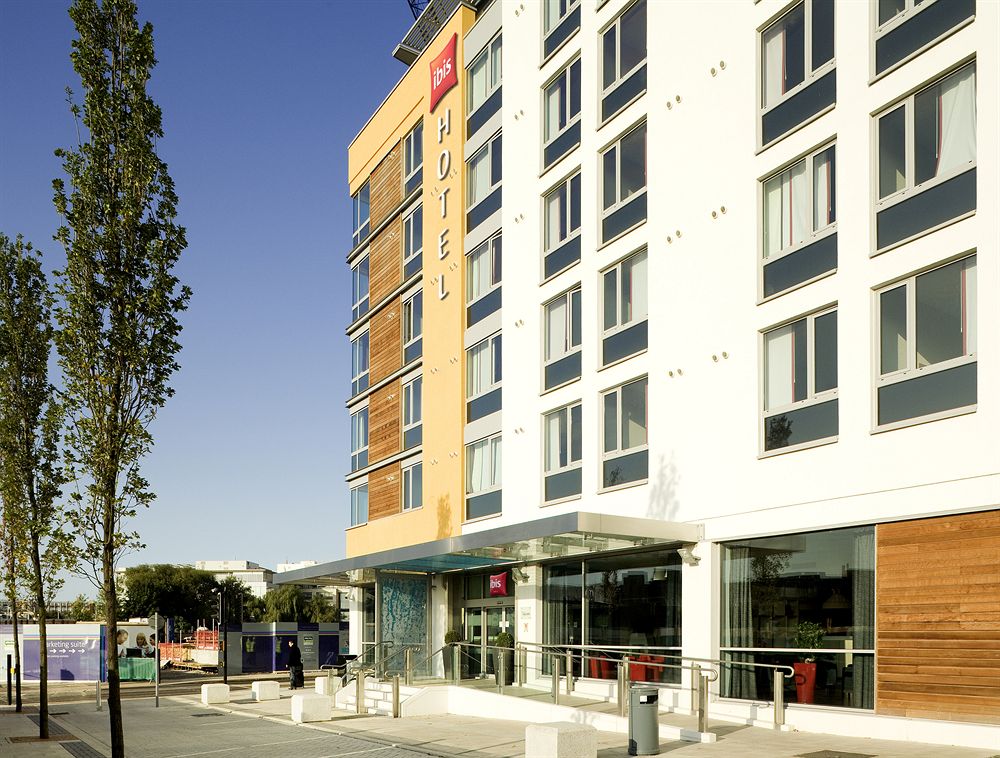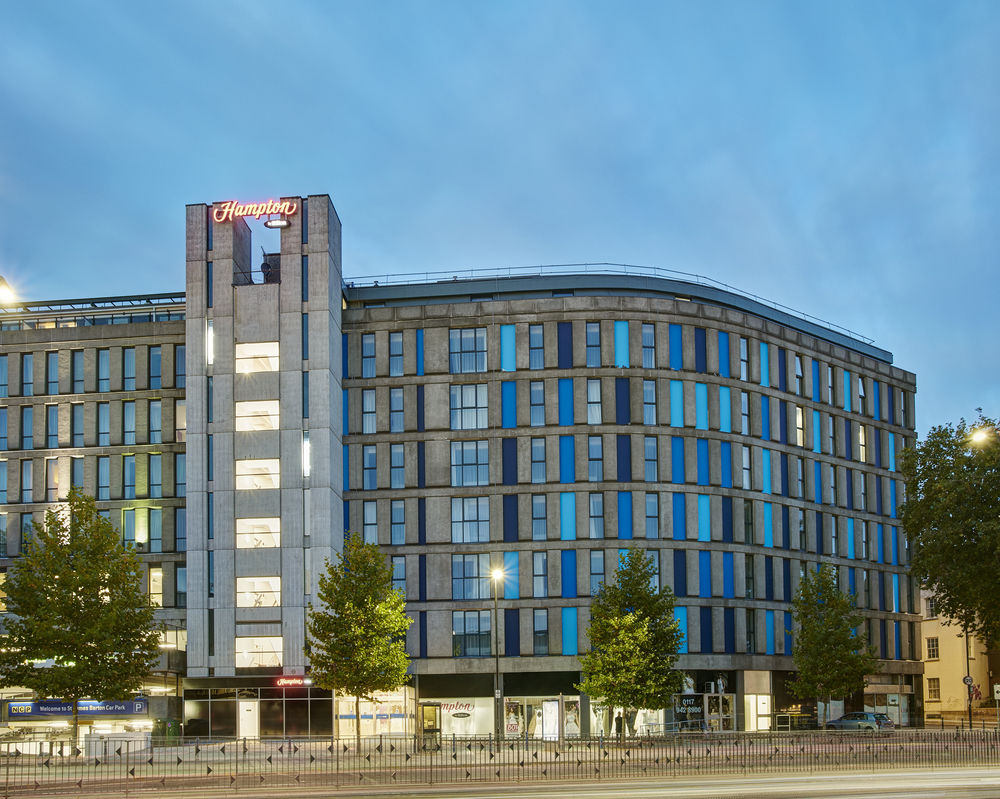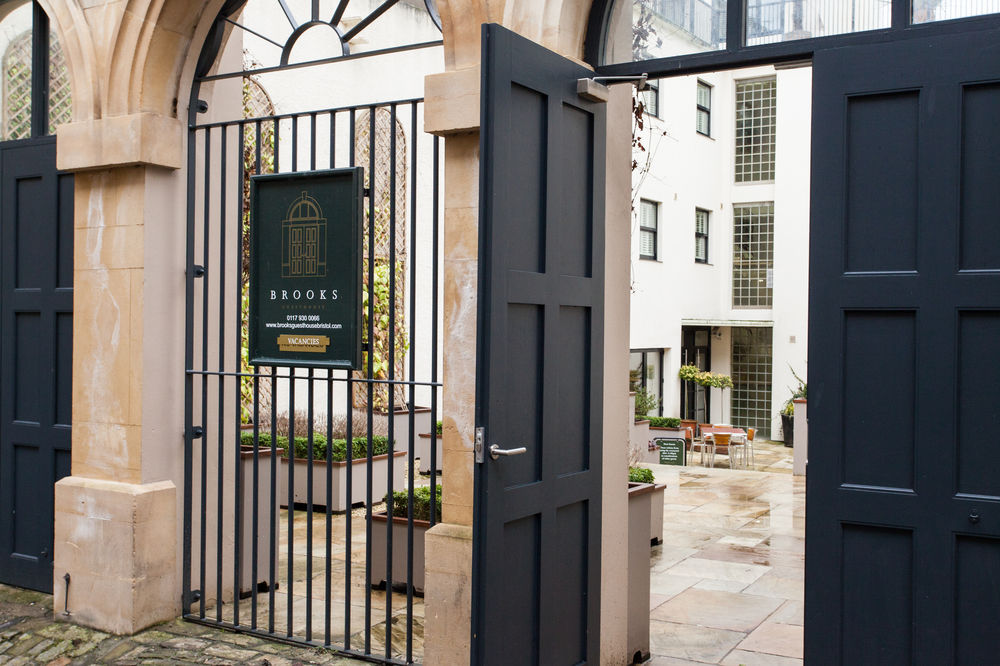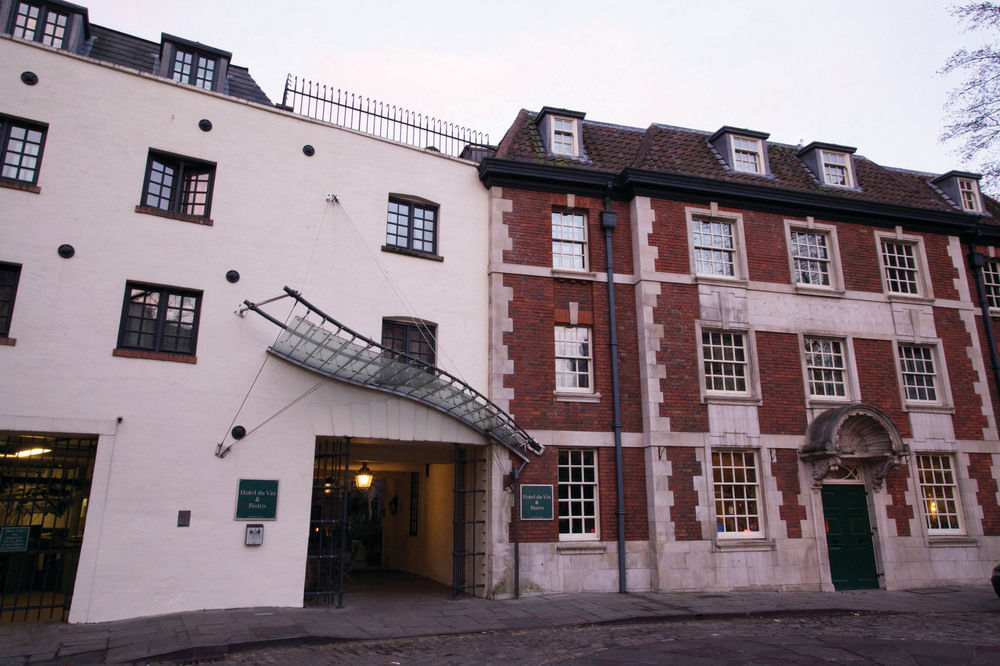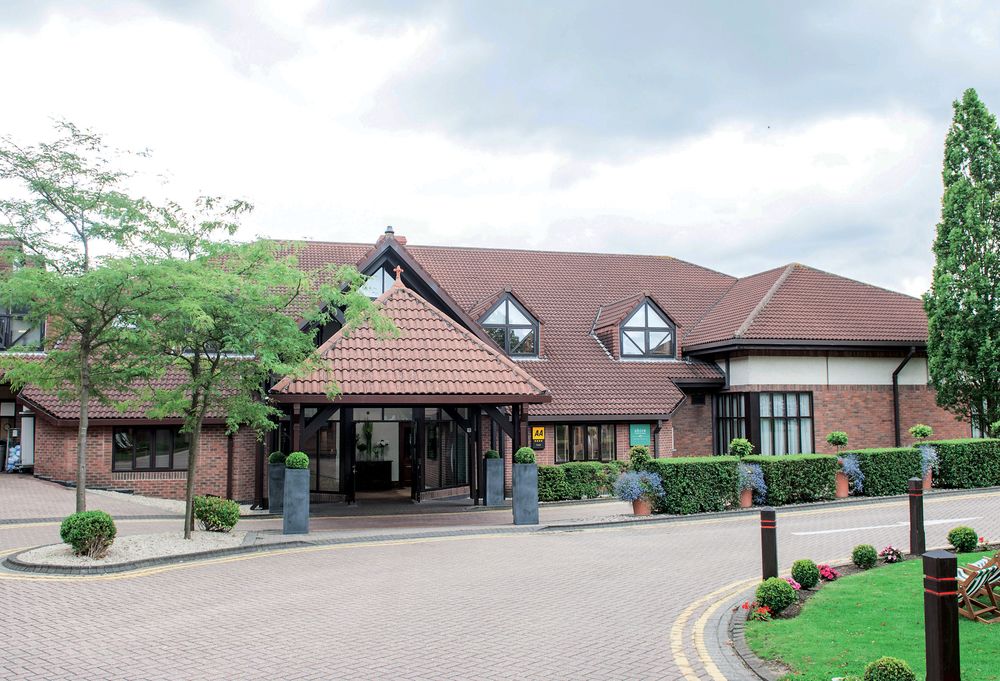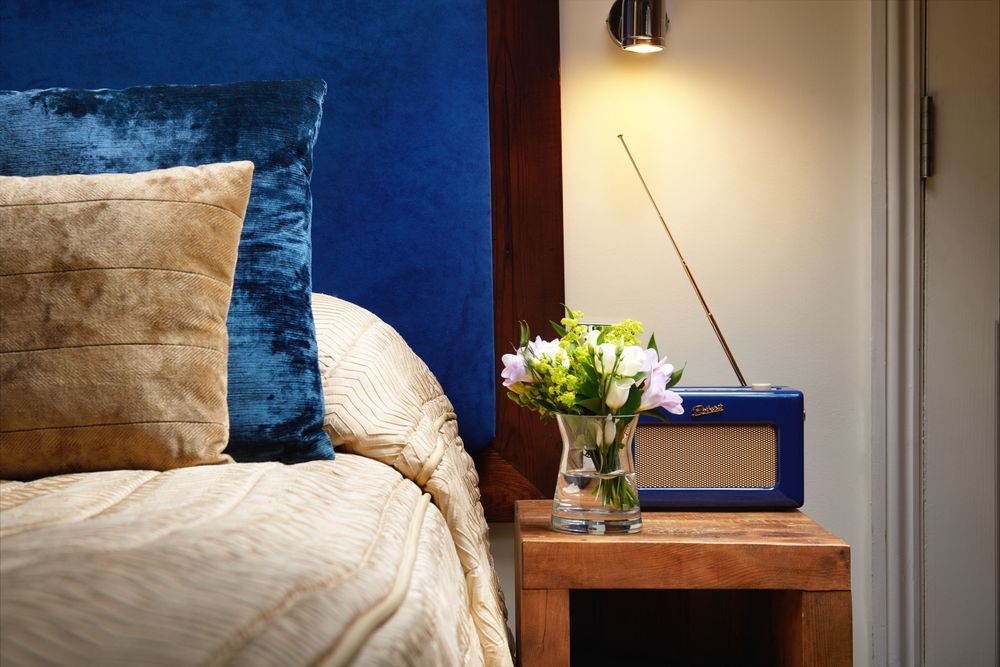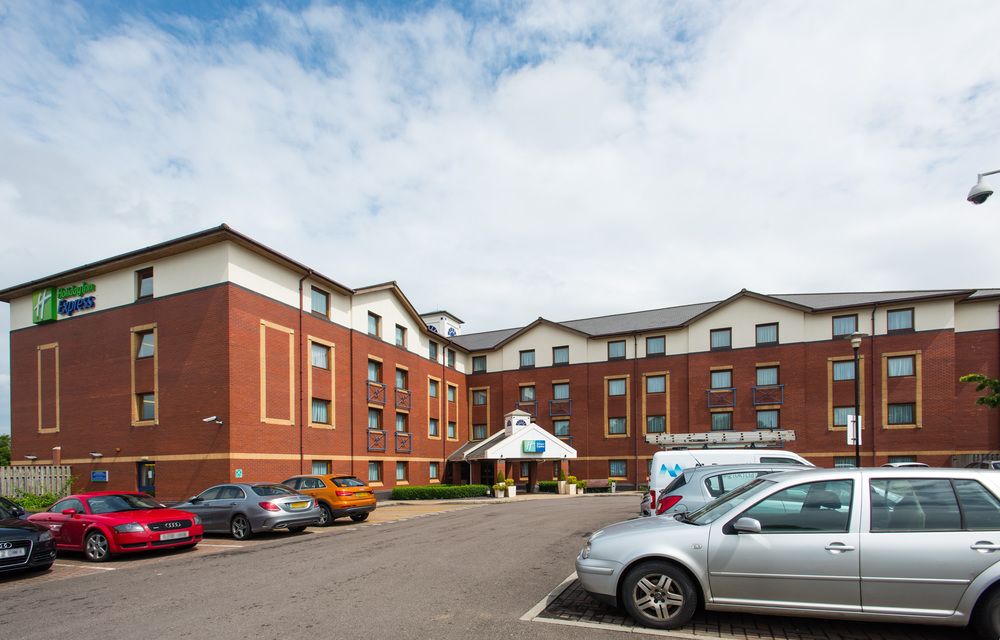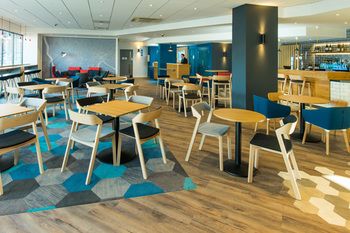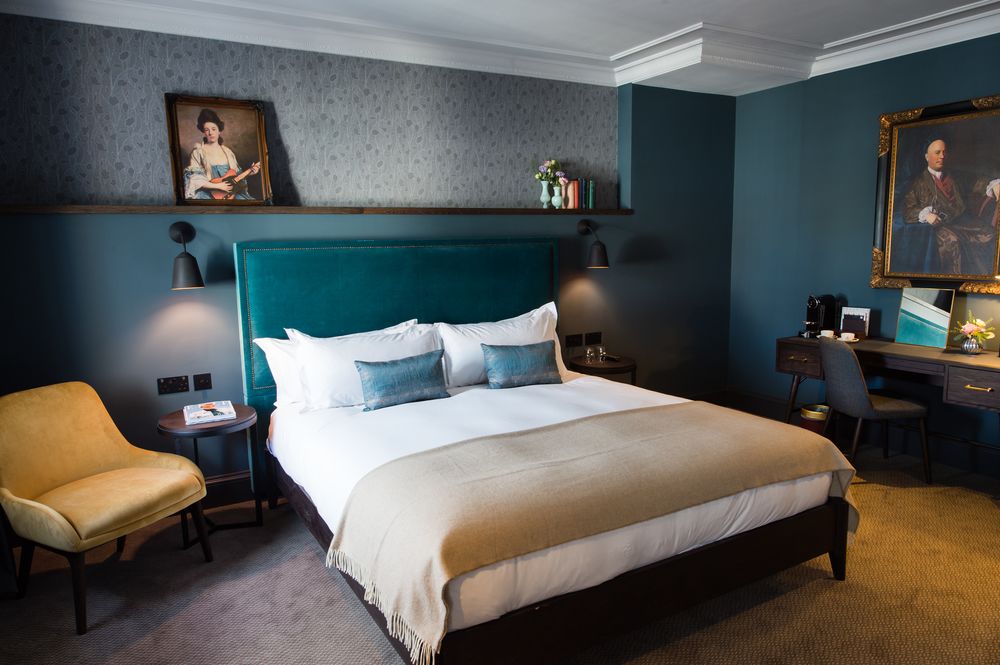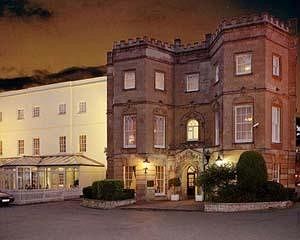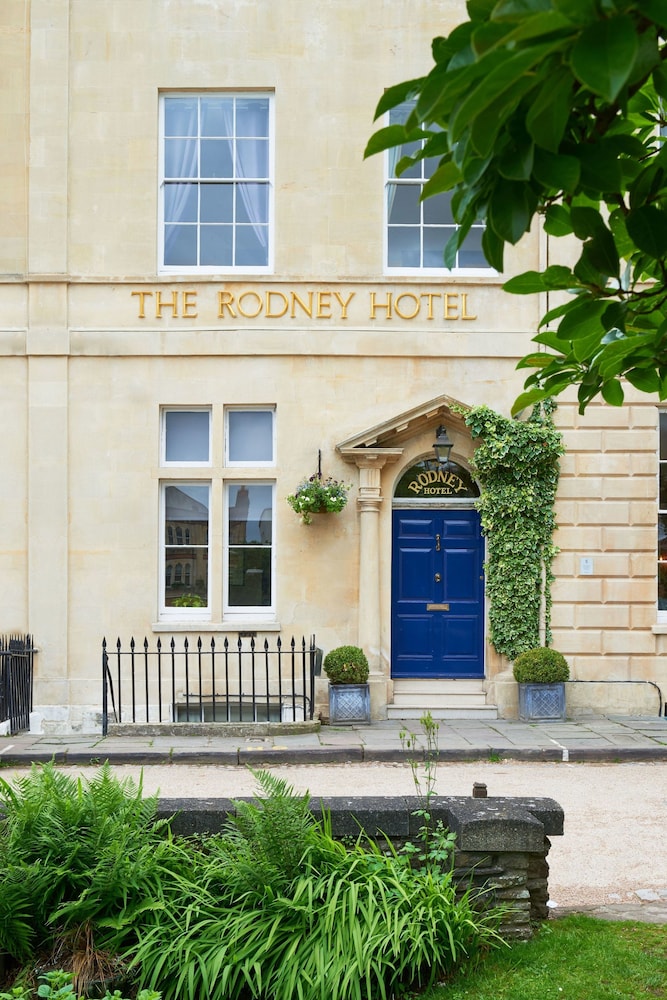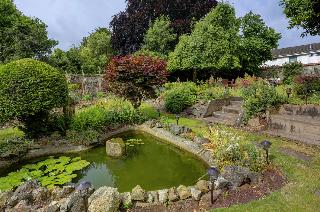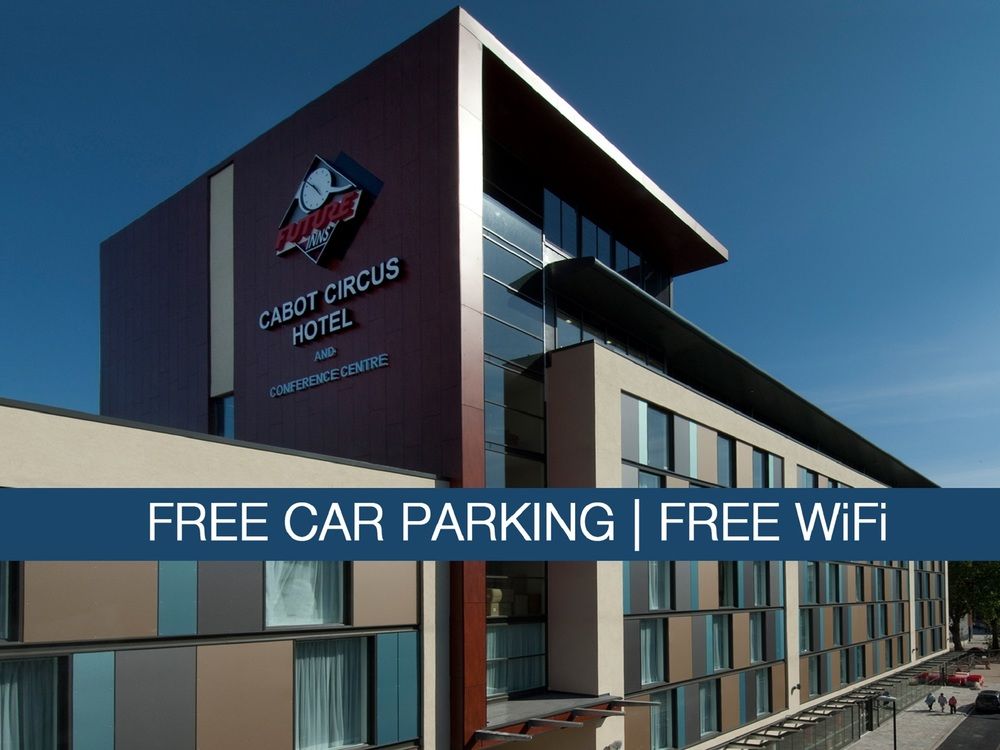
ブリストルホテル検索結果
AIが見つけた軒のホテルの最安値をご覧ください。
ベストホテル
最安値のホテル
ホテル等級
AIおすすめ
ブリストルベストホテル
ブリストル 最低価格のホテル
最高評価のホテル
ブリストルにある5つ星ホテル
ブリストルにある4つ星ホテル
ブリストルにある3つ星ホテル
AIがおすすめする世界の旅行先
ブリストル近くのホテル情報
ブリストル 旅行に欠かせない情報
“The City of Science and Art”
Bristol ( ( listen)) is a city and county in South West England with a population of 459,300. The wider district has the 10th-largest population in England. The urban area population of 724,000 is the 8th-largest in the UK. The city borders North Somerset and South Gloucestershire, with the cities of Bath and Gloucester to the south-east and north-east, respectively. South Wales lies across the Severn estuary.
Iron Age hill forts and Roman villas were built near the confluence of the rivers Frome and Avon, and around the beginning of the 11th century the settlement was known as Brycgstow (Old English "the place at the bridge"). Bristol received a royal charter in 1155 and was historically divided between Gloucestershire and Somerset until 1373, when it became a county of itself. From the 13th to the 18th century, Bristol was among the top three English cities after London in tax receipts. Bristol was surpassed by the rapid rise of Birmingham, Manchester and Liverpool in the Industrial Revolution.
Bristol was a starting place for early voyages of exploration to the New World. On a ship out of Bristol in 1497 John Cabot, a Venetian, became the first European since the Vikings to land on mainland North America. In 1499 William Weston, a Bristol merchant, was the first Englishman to lead an exploration to North America. At the height of the Bristol slave trade, from 1700 to 1807, more than 2,000 slave ships carried an estimated 500,000 people from Africa to slavery in the Americas. The Port of Bristol has since moved from Bristol Harbour in the city centre to the Severn Estuary at Avonmouth and Royal Portbury Dock.
Bristol's modern economy is built on the creative media, electronics and aerospace industries, and the city-centre docks have been redeveloped as centres of heritage and culture. The city has the largest circulating community currency in the U.K.—the Bristol pound, which is pegged to the Pound sterling. The city has two universities, the University of Bristol
 時間 UTC+01
時間 UTC+01 通貨 GBP
通貨 GBP 言語 English, Welsh, Scots Gaelic
言語 English, Welsh, Scots GaelicStaypiaだけの特別な特典
リアルタイムホテル最安値比較
AIが見つけたin ブリストルの軒のホテルのリアルタイム最安値を簡単に比較検索できます。
316万軒のホテルを最安値で予約
最低価格に最大31%追加メンバーシップ割引でさらにお得にご予約いただけます。
自分だけの
AIがリアルタイムで更新するブリストル旅行情報で便利に旅行を準備しましょう。
よくある質問
ブリストルで最も人気のあるホテルは Future Inn Bristol, Radisson Blu Hotel Bristol, Mercure Bristol Holland House Hotel & Spa です。
ブリストルで最も評価の高いホテルはFuture Inn Bristol, Bristol Marriott Royal Hotel, Hilton Garden Inn Bristol City Centreです。
一般的なホテルの場合、客室予約はキャンセル締切日前まで無料返金が可能です。キャンセル締切日以降は手数料が発生する場合がありますので、ホテルバウチャーまたはメニュー>マイ予約でキャンセル締切日をご確認ください。
ステピアでは、AIが収集した316万件のホテルの最安値はもちろん、会員限定の追加割引価格で人気ホテルを予約することができます。
